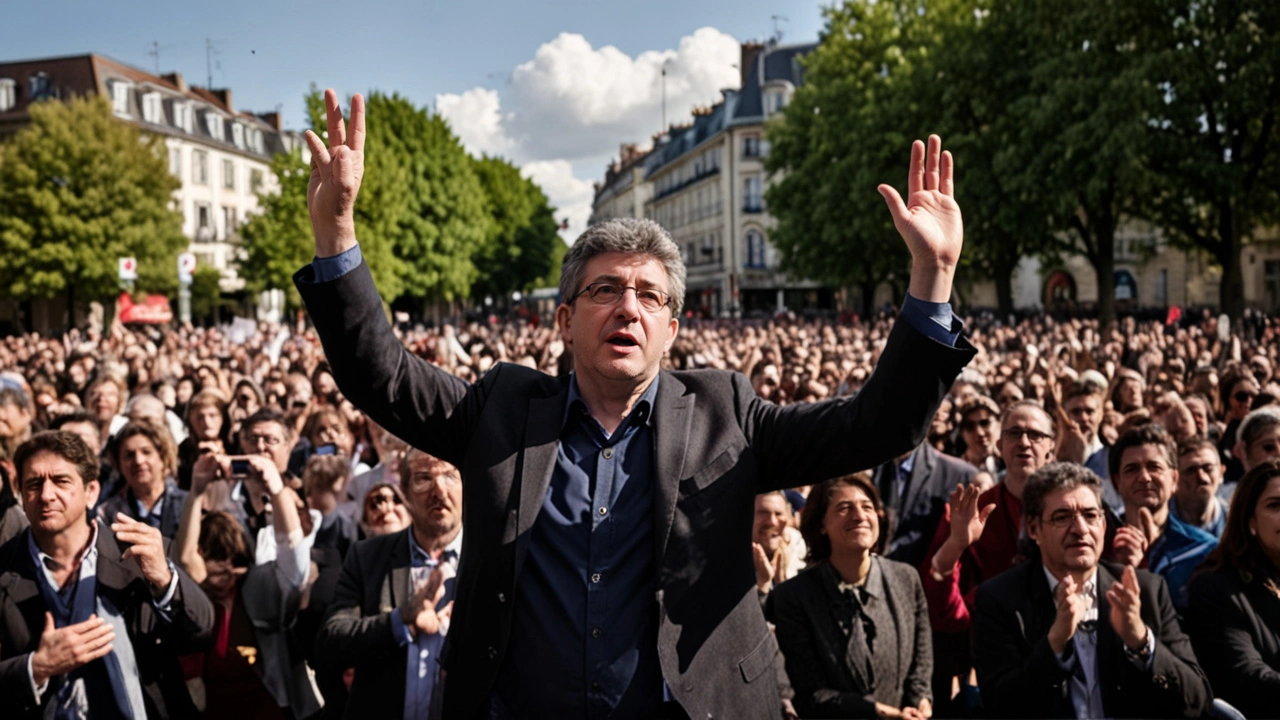Understanding Political Paralysis and Its Impact
Political paralysis happens when a government or political system gets stuck and can't make decisions or take action. This usually occurs because of deep disagreements, power struggles, or a lack of cooperation between parties or leaders. When this gridlock sets in, the regular workings of government slow down or stop, and that can hurt everyday people waiting for solutions on things like healthcare, security, or the economy.
Ever noticed how sometimes leaders just talk but don't actually solve problems? That's political paralysis in action. It can happen in any country—big or small—and often leads to frustration among citizens. For example, when lawmakers can't agree on a budget, essential services face delays or cuts. That’s why understanding political paralysis is key to grasping why some governments seem stuck.
Common Causes of Political Paralysis
A lot of political paralysis starts with strong divisions—like when parties block each other to push their own agendas, ignoring compromise. Sometimes leaders focus more on winning power games than solving real issues. Constitutional setups can also create deadlocks, especially if different branches of government are controlled by opposing groups. This is called divided government, and it's a common source of gridlock in democracies.
Besides politics, external pressures like economic crises or social unrest can make paralysis worse. When governments face intense public protests or financial struggles, the fight for control intensifies, pushing decision-making further into limbo. Understanding the root causes helps us see that paralysis isn't just laziness—it's often a complex problem stemming from multiple clashes.
Why Political Paralysis Matters to You
It’s easy to feel disconnected from political drama, but political paralysis directly affects daily life. Without clear policies, jobs may get lost, infrastructure projects stall, and social programs suffer. Citizens become skeptical about their leaders, and trust breaks down. When governments don’t act, people might look for other ways to express their frustrations, leading to protests or unrest.
By recognizing political paralysis, you can better understand news about stalled government efforts or crises. It also highlights why voting and political participation are important—because breaking the deadlock needs new ideas and voices willing to compromise. Next time you hear about political gridlock, you’ll know it’s more than just politicians failing; it’s about how systems and people sometimes get trapped in conflict.
The second round of the French legislative elections ended with no clear majority, creating a hung parliament. The left-wing New Popular Front emerged as the biggest bloc, but questions loom over France's political stability. President Macron's centrist alliance and the far-right National Rally also gained significant seats, leading to complex coalition-building efforts.


 Sports
Sports